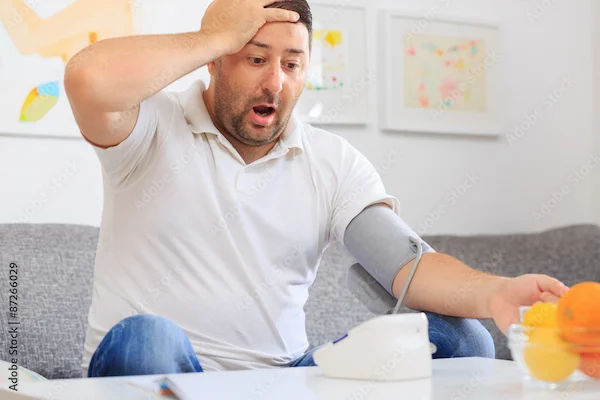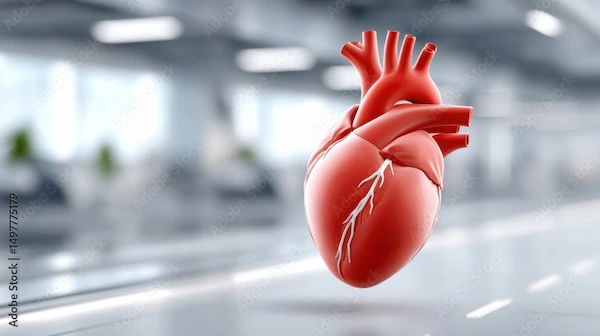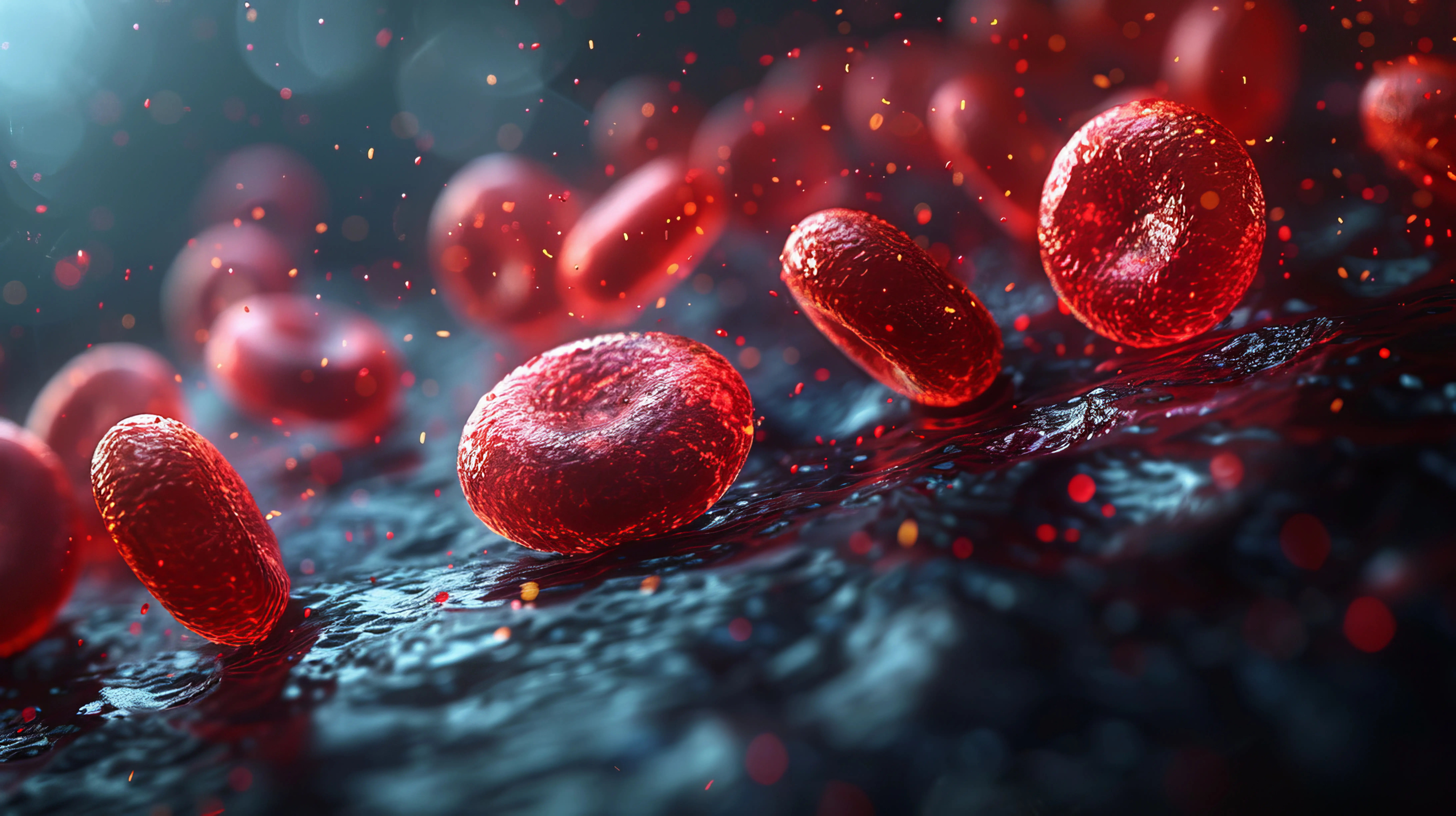- Male
- 21 Years
- 22/01/2025
I'm having trouble sleeping for the past few days. I keep waking up in the middle of the night because I can feel my abdomen pulsating and my heart racing. It's making me really anxious. Could this be happening because of how I'm sleeping, or is it something to do with starting the gym a couple of weeks ago? I notice my abdomen pulsating every time I look, but I don't feel any pain in my chest or abdomen. Is this normal?
Answered by 1 Apollo Doctors
it is NORMAL .And ecg is advised if chest pain persists..
Dr. Chandra Suggests...
Consult a Cardiologist
Answered 04/07/2025
0
0

More Cardiology Health Queries
View allI'm feeling concerned because my heart has been pumping really fast for a while before calming down to normal. When it speeds up, it feels like it's going to jump out of my chest. What could be causing this, and should I be worried?
It sounds like you may be experiencing episodes of palpitations. Palpitations are sensations of a rapid or irregular heartbeat. One common cause of palpitations is atrial fibrillation, where the heart beats irregularly and often rapidly. It is important to consult a doctor for proper evaluation and management. In the meantime, you can try taking a beta-blocker medication such as Metoprolol (brand name: Lopressor) to help slow down your heart rate. The usual starting dose for Metoprolol is 25-50 mg twice daily. However, please consult a doctor before starting any new medication.
Answered by 1 Apollo Doctors
I've been having this small tingly sensation in my upper chest since November 2016. It kinda feels like there's a blockage or something. Should I be worried about this, and what might it be?
The symptoms you are describing could be related to acid reflux or a nerve issue. To help with the tingling sensation, you can try taking Omeprazole (brand name Prilosec) 20mg once daily before breakfast to reduce stomach acid. Additionally, you can take Gabapentin (brand name Neurontin) 300mg three times a day to help with nerve-related symptoms. However, it is important to consult with a doctor for a proper diagnosis and treatment plan.
Answered by 1 Apollo Doctors
I've been having this uncomfortable pain just below my left breast, and it's only on one side. I've started working out recently. Could this just be muscle pain from exercising, or should I be worried about something else?
The pain you are experiencing below your left breast could be musculoskeletal in nature due to your workout routine. However, it is important to rule out any other potential causes such as costochondritis or even cardiac issues. To help alleviate the pain, you can take over-the-counter pain relievers like ibuprofen (Advil) 400mg every 4-6 hours as needed for muscle pain. Additionally, applying a warm compress to the area and avoiding strenuous exercise that exacerbates the pain may also be helpful. If the pain persists or worsens, it is advisable to consult with a healthcare professional for further evaluation and management.
Answered by 1 Apollo Doctors
Disclaimer: Answers on Apollo 247 are not intended to replace your doctor advice. Always seek help of a professional doctor in case of an medical emergency or ailment.




.webp)
